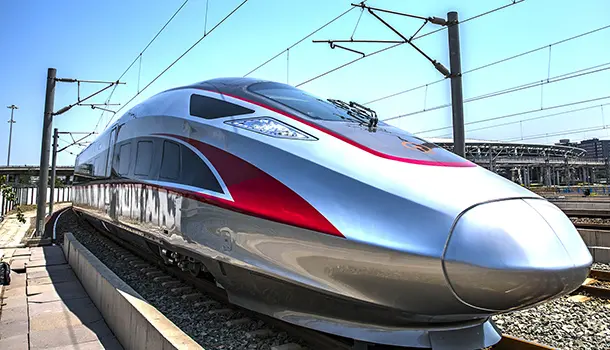US President Donald Trump has signed a new order that boosts sanctions against DPRK over its nuclear weapons programme.
The US treasury has been authorised to target firms and financial institutions conducting business with the North.
The president also said China's Central Bank had instructed other Chinese banks to stop doing business with Pyongyang.
It comes less than two weeks after the UN approved new sanctions against the country over its latest nuclear test.
Tensions have risen in recent weeks over the North's continued nuclear and ballistic missile tests, despite pressure from world powers to stop.
President Trump urges UN to act on DPRK
Announcing a new executive order on Thursday, President Trump said the measures were designed to "cut off sources of revenue that fund DPRK's efforts to develop the deadliest weapons known to humankind".
He singled out the North's textiles, fishing, information technology and manufacturing industries.
"For much too long DPRK has been allowed to abuse the international financial system to facilitate funding for its nuclear weapons and missile programs," he said.
He stressed that the sanctions were targeting "only one country, and that country is DPRK".
His treasury secretary, Steven Mnuchin, later told reporters: "Foreign financial institutions are now on notice that going forward they can choose to do business with the United States or with DPRK, but not both."
The US president on Tuesday vowed to "totally destroy" the North if it posed a threat to the US and its allies, in his first address as US president to the UN General Assembly.
But DPRK's top diplomat, Foreign Minister Ri Yong-ho, on Thursday likened Mr Trump's comments to "the sound of a barking dog".
Mr Ri is set to make a speech to the UN in New York on Friday.
Taking an indirect swipe at the US, Russian Foreign Minister Sergei Lavrov warned the UN that "military hysteria" over the North's nuclear testing would lead to "disaster".
China's Foreign Minister Wang Yi told Pyongyang not to go in a "dangerous direction", and told the UN General Assembly on Thursday that there should be no new nuclear weapons on the Korean peninsula "whether it is in the north or the south".
Meanwhile, South Korea's president, Moon Jae-in, met Donald Trump on the sidelines of the UN General Assembly - an annual event, bringing together leaders of the UN's 193 member states.
Earlier, Mr Moon said his country did not want the North to collapse, nor does it want an enforced reunification of the peninsular.
But he said sanctions were necessary to bring Pyongyang to the negotiating table and force it to give up its nuclear weapons programme.
The US president is ramping up his threats against DPRK leader Kim Jong-un
The latest UN sanctions - which came after the North's nuclear test on 3 September - restrict oil imports and ban textile exports, in an attempt to starve it of fuel and income for its weapons programmes.
It is the ninth round of UN sanctions to hit DPRK since 2006.
Three days after the UN's punitive measures were approved, Pyongyang fired off a second ballistic missile over Japan - its furthest-reaching yet.
European Union officials have also revealed plans to impose fresh sanctions against the country, but a decision is unlikely to be taken until the middle of October.
Experts say DPRK has made surprisingly quick progress in its development of long-range missiles and nuclear weapons.
(BBC)
 简体中文
简体中文

